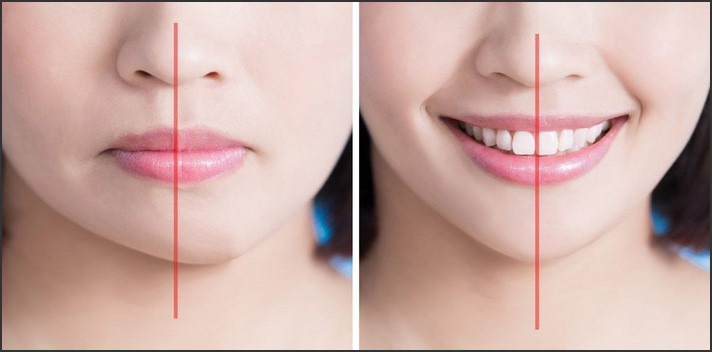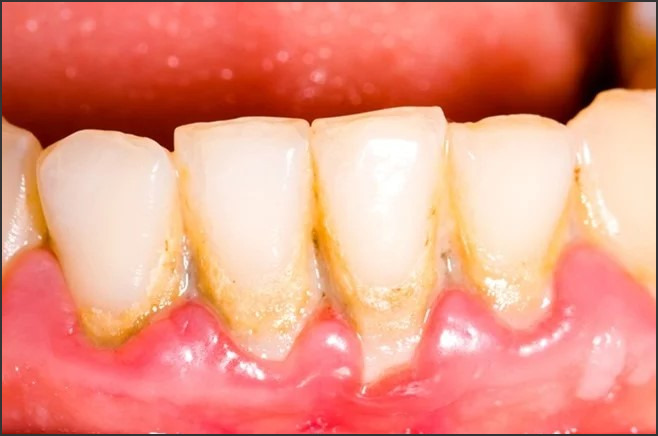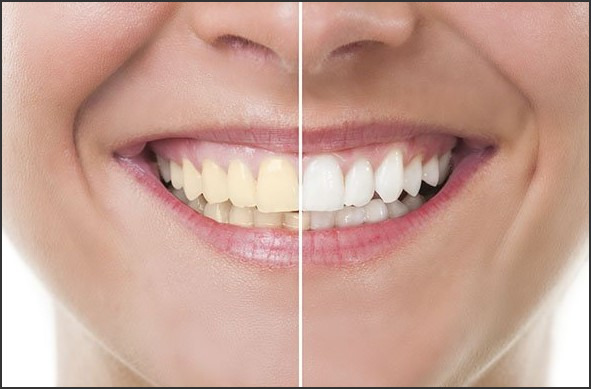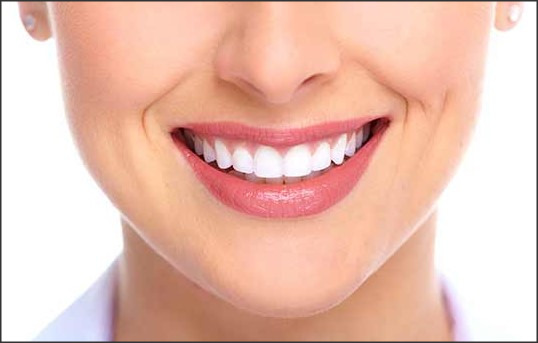
Jaw corrective surgery is a type of orthodontic procedure that is used to address issues with the alignment of the jaw and bite. This type of surgery is often used to correct misalignment of the jaw, which can cause a variety of issues such as difficulty speaking, eating, and breathing. It can also be used to correct an overbite, underbite, or crossbite. Jaw corrective surgery is a complex procedure that requires careful planning and execution. It is important to consult with an experienced orthodontist to determine if this type of surgery is the best option for you.
Exploring the Benefits of Jaw Corrective Surgery for Orthodontic and Bite Issues
Jaw corrective surgery is a type of orthodontic procedure that can be used to address a variety of bite and orthodontic issues. This surgery can be used to correct misaligned jaws, improve the appearance of the face, and improve the function of the teeth. In this article, we will explore the benefits of jaw corrective surgery and discuss how it can help improve the quality of life for those with orthodontic and bite issues.
Jaw corrective surgery can be used to correct a variety of orthodontic and bite issues. These include overbites, underbites, crossbites, and open bites. This type of surgery can also be used to correct jaw misalignment, which can cause facial asymmetry and difficulty with chewing and speaking. By correcting these issues, jaw corrective surgery can improve the appearance of the face and the function of the teeth.
In addition to improving the appearance and function of the teeth, jaw corrective surgery can also improve the quality of life for those with orthodontic and bite issues. This type of surgery can reduce the risk of TMJ (temporomandibular joint) pain and headaches, as well as improve the ability to chew and speak. It can also reduce the risk of tooth decay and gum disease, as well as improve the overall health of the mouth.
Finally, jaw corrective surgery can also help to improve self-confidence. By correcting orthodontic and bite issues, this type of surgery can help to improve the appearance of the face and the function of the teeth. This can lead to improved self-esteem and a greater sense of self-worth.
In conclusion, jaw corrective surgery can be a beneficial procedure for those with orthodontic and bite issues. This type of surgery can improve the appearance of the face, the function of the teeth, and the overall quality of life. It can also reduce the risk of TMJ pain and headaches, as well as improve self-confidence. If you are considering jaw corrective surgery, it is important to speak with your orthodontist to determine if it is the right option for you.
Understanding the Different Types of Jaw Corrective Surgery and Their Impact on Orthodontic and Bite Issues
Jaw corrective surgery, also known as orthognathic surgery, is a type of surgery that is used to correct a wide range of orthodontic and bite issues. This type of surgery can be used to correct misaligned jaws, correct facial asymmetry, and improve the function of the jaw. It can also be used to correct issues such as an overbite, underbite, or crossbite.
The different types of jaw corrective surgery vary depending on the specific issue that needs to be corrected. For example, a genioplasty is a type of jaw corrective surgery that is used to correct a receding chin. This type of surgery involves reshaping the chin bone to create a more aesthetically pleasing appearance. On the other hand, a mandibular osteotomy is a type of jaw corrective surgery that is used to correct an overbite or underbite. This type of surgery involves cutting and repositioning the lower jaw to create a more balanced bite.
The impact of jaw corrective surgery on orthodontic and bite issues can be significant. In many cases, jaw corrective surgery can help to correct misaligned jaws and improve the function of the jaw. This can help to reduce the amount of time that is needed to complete orthodontic treatment, as well as improve the overall outcome of the treatment. Additionally, jaw corrective surgery can help to improve the aesthetics of the face by correcting facial asymmetry and creating a more balanced bite.
Overall, jaw corrective surgery can be an effective way to correct a wide range of orthodontic and bite issues. It is important to understand the different types of jaw corrective surgery and their impact on orthodontic and bite issues in order to make an informed decision about whether or not this type of surgery is right for you.Jaw corrective surgery is a complex and delicate procedure that can help address orthodontic and bite issues. It is important to consult with a qualified orthodontist or oral surgeon to determine if this type of surgery is right for you. With the right care and attention, jaw corrective surgery can help improve the appearance and function of your teeth and jaw, and provide long-term benefits.








